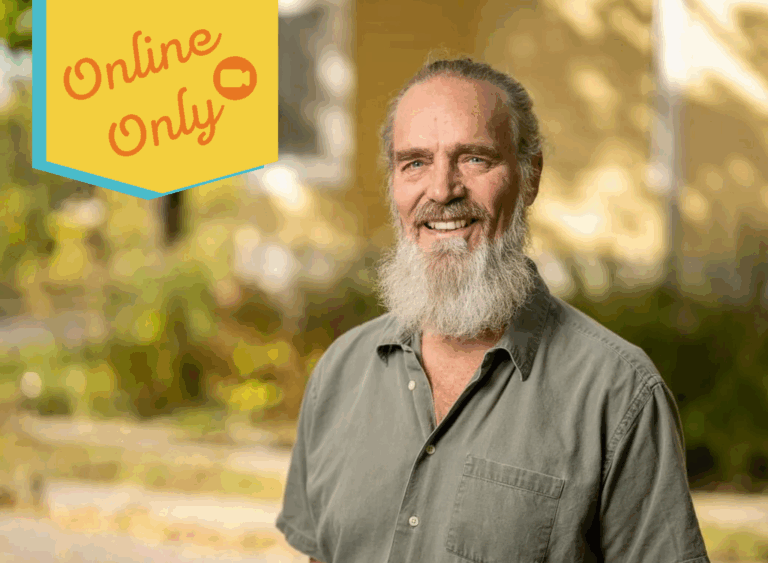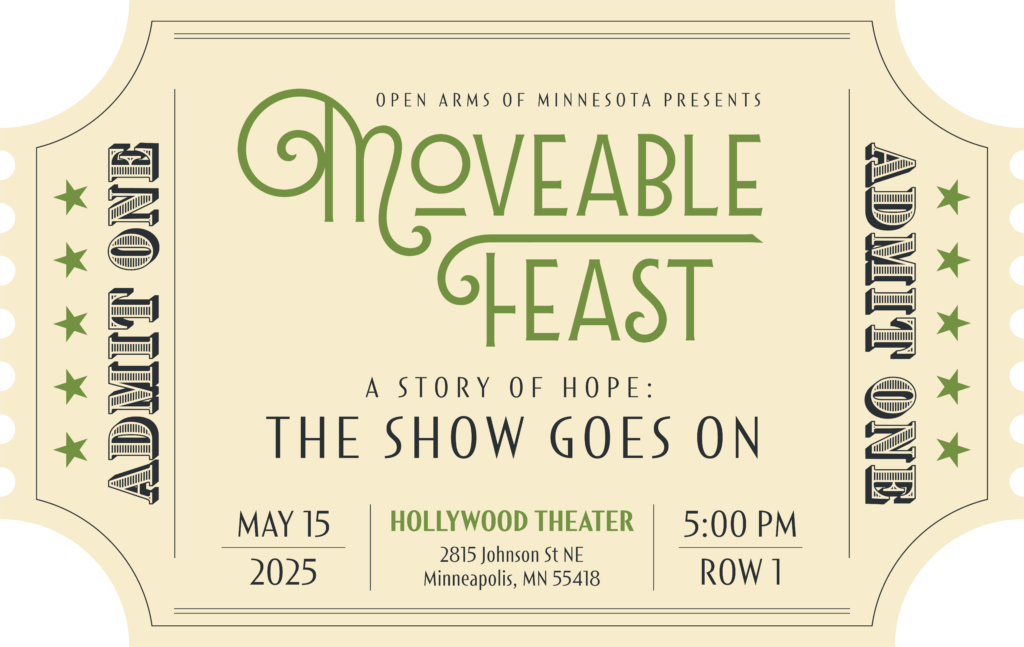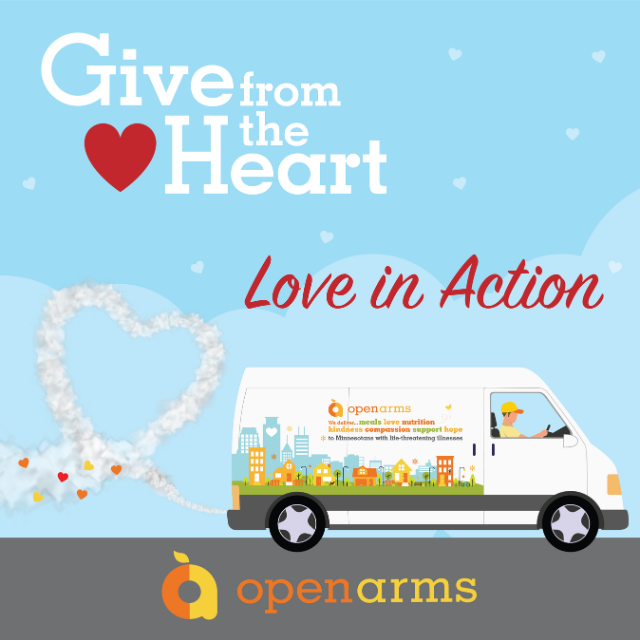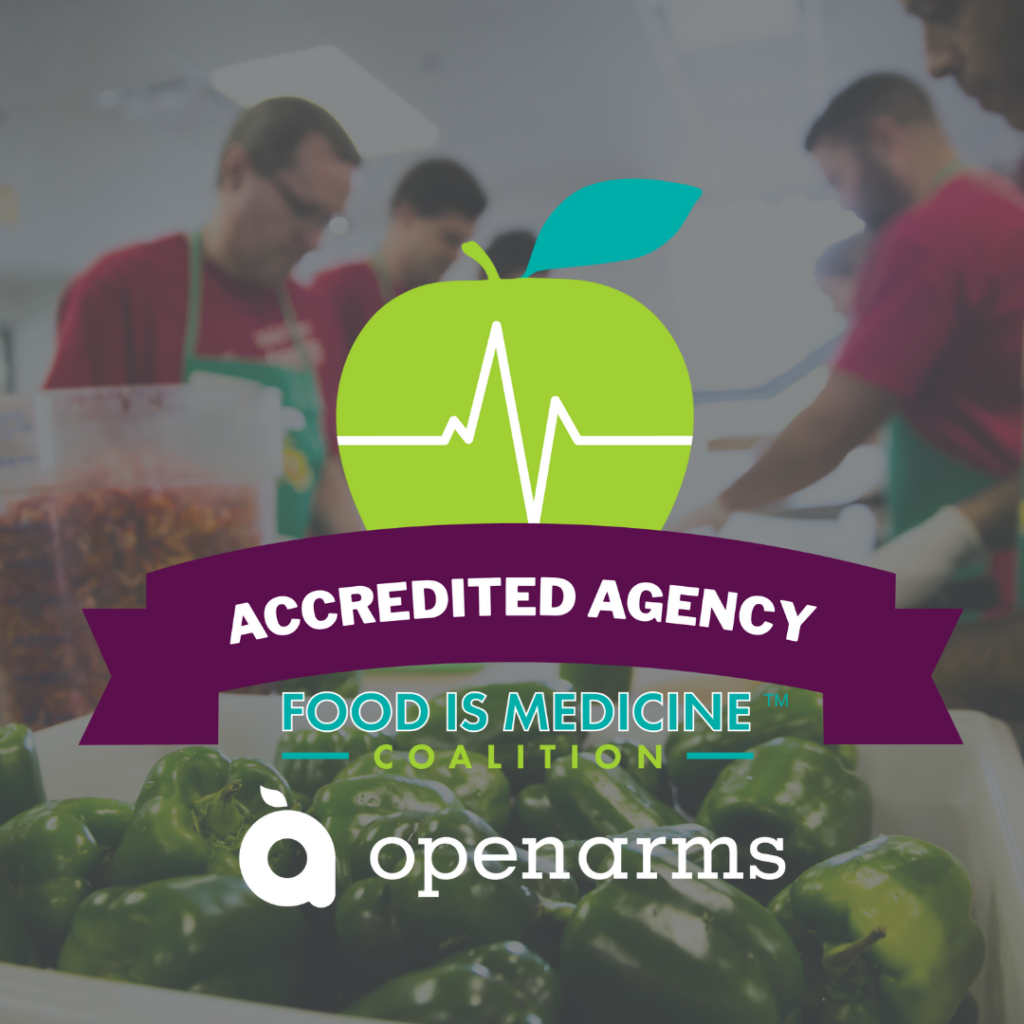By Andy Lakanen
Open Arms Dietetic Intern, University of Minnesota & The Emily Program
Pasties (“pass-teez”) are a historic trademark of the Upper Peninsula. Coming from southern England, pasties were traditionally eaten by miners working in the Iron Range. Given their compact shape and nutritional density, they were the miner’s meal-to-go. Pasties are still a family favorite in the Upper Peninsula today. My grandmother has a pasty recipe she’ll probably take with her to her grave. She has been making delicious, football-sized pasties for as long as I can remember, and is fond of telling me that her son (and my uncle) used to be able to eat two of those monstrous, 12-16oz pasties in one sitting. Incredible!
Pasties are nutritionally dense, and contain plenty of meat and potatoes, two Midwestern staples. Indeed, pasties can satiate even the largest appetites. Additionally, they contain carrots, onions, and rutabaga, all of which contain several essential nutrients, including vitamin C, an important antioxidant. One rutabaga can contain over one and a half times your daily value of vitamin C, and is also a good source of vitamin B-6, important in energy metabolism. And carrots are a valuable source of beta carotene – which is converted to vitamin A in your body, helping to maintain normal vision.
Lawry’s Pasties
(adopted from NPR.com)
Recipe makes four pasties
Ingredients:
2/3 cup shortening (Optional: use 2/3 cup lard)
1/2 cup water
Dash salt
Note:
a frozen pastry crust, usually sold in square-shaped pieces, can also be used if you do not want to make your own pasty crust. Be sure to thaw these crusts before baking your pasties.
Filling
3/4 lbs. ground chuck or cubed steak
3 cups potatoes, diced
1/3 cup carrots, diced
1/3 cup onion, diced
1/3 cup rutabaga, diced (optional)
2 tbsp. dried parsley
Salt and pepper to taste
Instructions:
1. Preheat oven to 400 degrees.
2. Cut shortening into flour and salt, add water, and knead until well blended. Form into four balls and chill. Coat with plenty of flour and roll into circles.
3. Mix all non-crust ingredients in a large bowl. Divide into four equal portions and place in center of each crust. Fold over and seal edges. You can seal the edges with a fork (like a ravioli) or simply fold over the edges with your fingers. Bake at 400 degrees for 50 to 60 minutes.
Note:
if you bought a frozen pastry crust, you may want to “paint” an egg mixture (raw eggs) over the top of the pasties before baking with a brush. This will enhance the appearance and taste of the crust as it facilitates browning.








